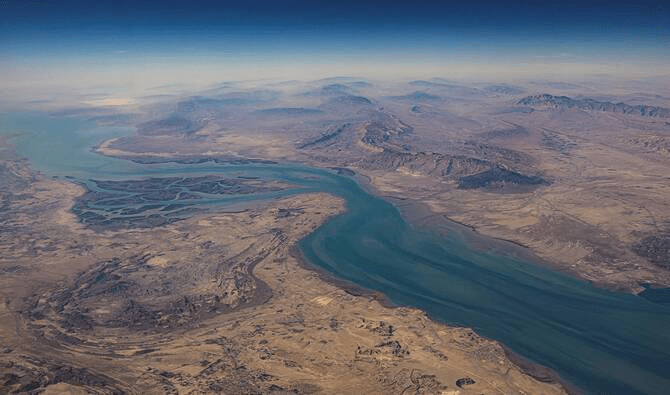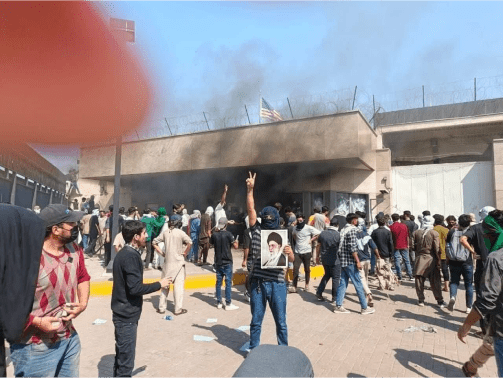ISLAMABAD, May 16 – Government claims of achieving Rs4 trillion in power sector savings through revised contracts with Independent Power Producers (IPPs) and government-owned power plants have now been scaled down to Rs2–2.5 trillion, officials revealed during a public hearing held by the National Electric Power Regulatory Authority (Nepra) on Thursday.
The hearing, chaired by Nepra Chairman Waseem Mukhtar, was convened on the Central Power Purchasing Agency’s (CPPA) request to approve the Power Purchase Price (PPP) — the base electricity tariff — for the upcoming fiscal year.
CPPA’s Naveed Qaiser admitted that the previously announced Rs4 trillion savings had been overstated and were now reduced due to added liabilities from the Jamshoro Power Plant and Shahtaj Sugar Mills. The revised savings would result in a base tariff reduction of just 30 to 67 paise per unit in 2025–26.
Participants, including industrialist Amir Sheikh and officials from the Punjab Power Board, questioned the real impact of the renegotiations. They pointed out that despite the savings narrative, proposed tariffs remain near historic highs, offering minimal relief to the industrial sector. Many voiced concern over the reliability of supply and the likelihood of reverting to captive power generation.
In response to concerns over electricity demand growth, CPPA argued that recent improvements in economic activity and slight reductions in electricity costs were expected to spur demand, which had declined over the past two years.
Nepra’s Khyber Pakhtunkhwa member criticized the power distribution companies (Discos) for masking losses through “economic load shedding” — a strategy of selectively shutting down feeders — rather than reducing technical and commercial losses.
CPPA’s proposed scenarios suggest modest tariff relief, with a best-case reduction of Rs2.25 per unit possible only under stable conditions, including an exchange rate of Rs280/USD. If the rupee weakens to Rs300/USD, the reduction would shrink to about 30 paise per unit. The average electricity price, factoring in Rs8.16 to Rs9.52 per unit in fuel charges, would still hover between Rs34 and Rs35 per unit — excluding additional taxes and surcharges.
The CPPA presented seven scenarios based on assumptions including demand, hydrology, exchange rates, and fuel prices. Indigenous fuels are projected to make up 55–58% of the energy mix, while clean energy sources will contribute 52–56%.
Story by Khaleeq Kiani







